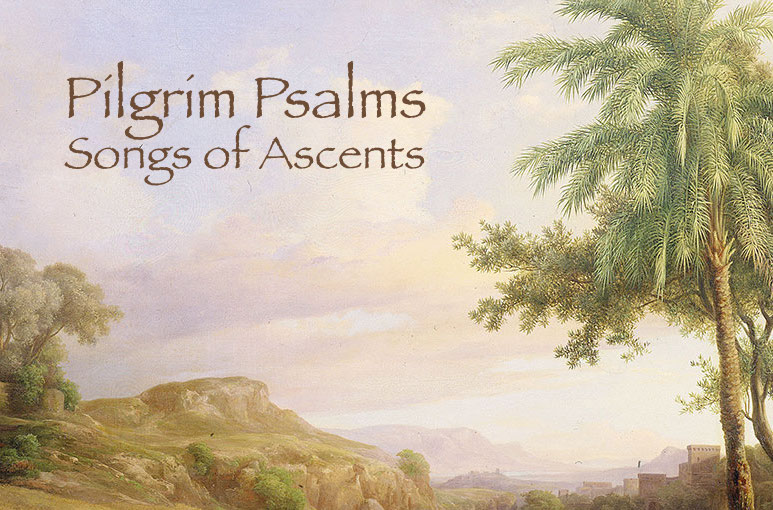Psalm 123 presents a number of challenges, foremost is its use of slave language to describe our relationship to God. No matter what it may have meant to Hebrew worshipers, I just can’t imagine singing of slavery in a morally neutral tone. So how does one set aside a biblical image and yet stay true to scripture? What is the deeper pattern?

The first thing that caught my attention was Psalm 123’s use of “eyes.” In verses 1-2 it is our eyes that are looking up to God. In verses 3-4, though it doesn’t use the word “eye,” it’s essentially a prayer for God’s eyes to look down and have mercy. The other thing that struck me is that verses 3-4 are praying for salvation from the powerful who oppress them. The first half of the Psalm is an acknowledgment of the true God, and the second half is asking God to intervene against lesser authorities–those gods who abuse their power. My song verses followed this two-part pattern: our eyes look up to God in obedience to God’s true authority and God’s eyes look down to see our plight and deliver us.
Have mercy. Have mercy Lord.
Have mercy. Have mercy Lord.
1. Our eyes look to you.
Our eyes look to heaven.
Our eyes look to you
until you show your mercy, God.
2. Cast your eyes on us.
Cast your eyes on earth.
Cast aside the proud
who bind us with no mercy, God



